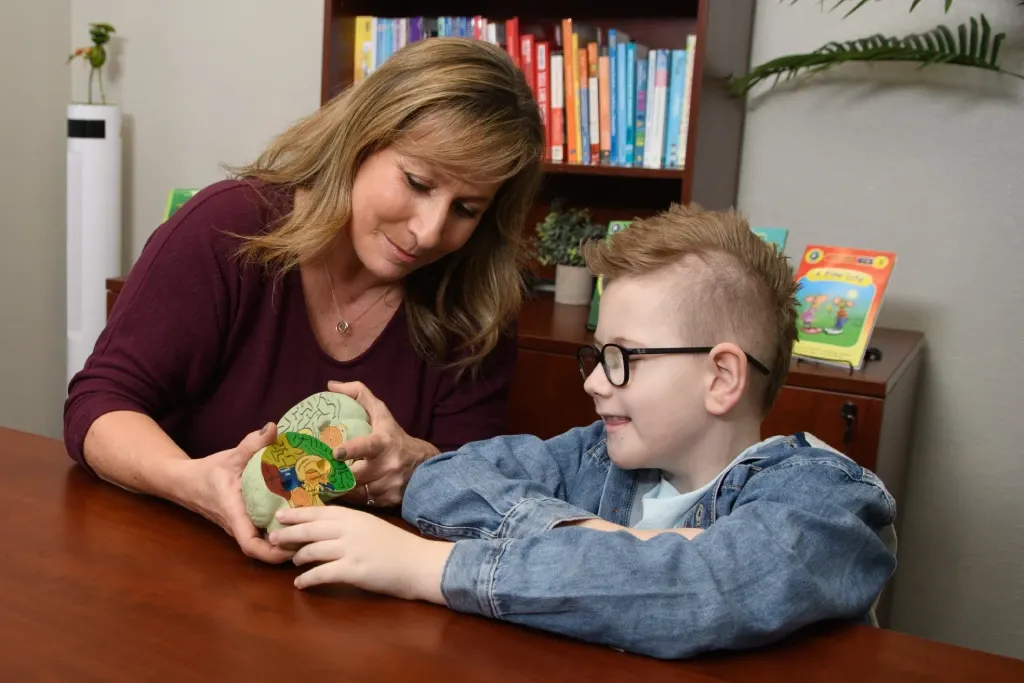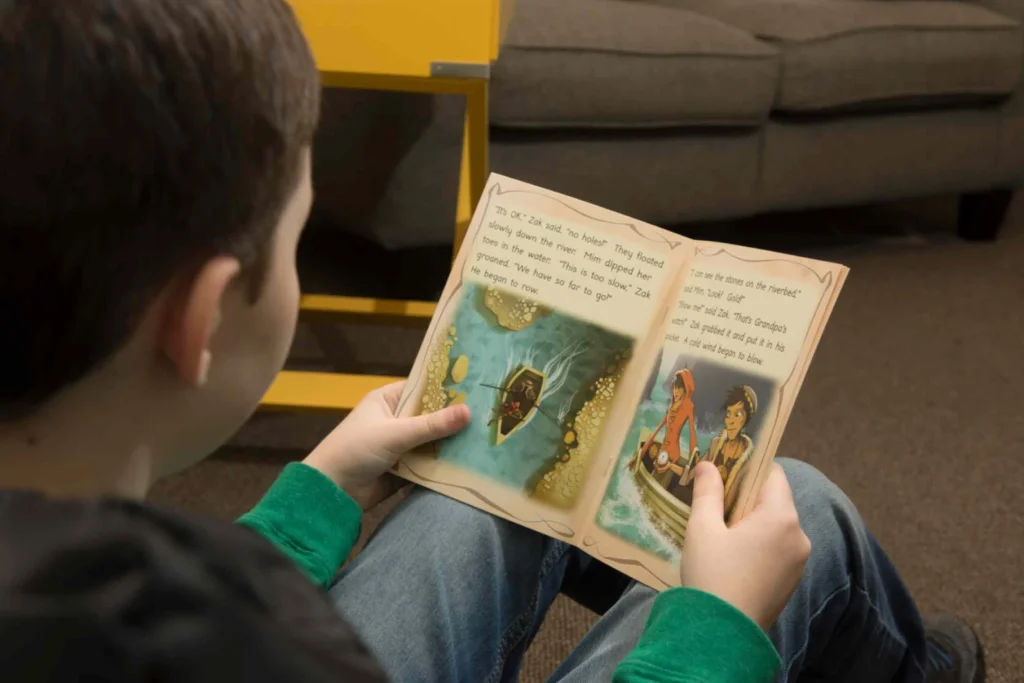Building literacy skills at home is one of the most valuable gifts you can give your child. These skills form the foundation for all future learning and success in life. As a parent, you play a crucial role in supporting your child’s literacy development, and there are numerous ways to make this process both fun and effective. This guide provides practical tips and activities to help you foster early literacy skills at home.
Understanding Early Literacy Skills
What Are Early Literacy Skills?
Early literacy skills are the building blocks for learning how to read and write. They encompass several key areas:
- Phonemic Awareness: The ability to hear and manipulate sounds in words.
- Alphabetic Principle: Understanding that letters represent sounds which form words.
- Vocabulary: Knowing the names of things and understanding their meaning.
- Comprehension: The ability to understand and gain meaning from what has been read.
- Print Awareness: Understanding that print carries meaning and how to handle a book.
Each of these areas contributes to a child’s ability to read and write effectively.

Creating a Literacy-Rich Environment
Stock Up on Books
To foster a love of reading, ensure your home is filled with a diverse range of books. Consider your child’s interests and current reading level when selecting books. Libraries are a great resource for borrowing books without breaking the bank.
Designate a Reading Space
Create a cozy, inviting space where your child can read without distractions. A comfortable chair, good lighting, and a small bookshelf can make reading an enjoyable habit.
Use Everyday Print
Incorporate print into daily activities. Label items around the house, create grocery lists together, or read road signs during car rides. This helps children understand the relevance of reading in everyday life.
Engaging in Literacy Activities
Play Literacy Games
Games are a fantastic way to make learning fun. Try these activities to boost literacy skills:
- Alphabet Hunt: Search for items around the house that start with each letter of the alphabet.
- Rhyming Bingo: Create bingo cards with words that rhyme and call out matching words.
- Story Cubes: Use dice with pictures or words to create unique stories together.
Encourage Storytelling
Foster creativity and language skills by encouraging your child to tell stories. You can do this through:
- Picture Prompts: Show your child a picture and ask them to create a story about it.
- Family Story Time: Share stories from your own life and invite your child to share theirs.
Building a Reading Routine
Set a Reading Schedule
Consistency is key to developing strong literacy skills. Set aside a specific time each day for reading. Whether it’s before bed or after school, a routine helps establish reading as a regular part of your child’s day.
Model Reading Behavior
Children often mimic the behavior of their parents. Show your child that reading is important by reading regularly yourself. Discuss books and share your thoughts to demonstrate the joy of reading.
Supporting Comprehension and Vocabulary
Ask Open-Ended Questions
After reading a book together, ask your child open-ended questions to enhance comprehension:
- “What do you think will happen next?”
- “Why do you think the character did that?”
- “How did the story make you feel?”
Introduce New Vocabulary
Expand your child’s vocabulary by introducing new words in context. Explain their meanings and encourage your child to use them in sentences.
Encouraging Writing Skills
Provide Writing Materials
Keep a variety of writing materials accessible, such as notebooks, pencils, crayons, and markers. Encourage your child to draw and write stories, letters, or lists.
Practice Writing Together
Write letters to family members, create a family newsletter, or keep a joint diary. These activities not only improve writing skills but also strengthen family bonds.

Overcoming Challenges in Literacy Development
Addressing Reluctance
If your child is resistant to reading, try different strategies to spark interest:
- Choose books related to their hobbies or favorite topics.
- Offer graphic novels or comic books as an alternative to traditional books.
- Set achievable goals and celebrate small successes.
Seeking Additional Support
If you notice persistent struggles with reading, consider seeking help from a literacy specialist or teacher. They can provide tailored strategies to address specific challenges.
Conclusion
Supporting literacy development at home is a rewarding journey that sets the stage for lifelong learning. By creating a literacy-rich environment, engaging in fun activities, and utilizing available resources, you can help your child develop essential reading and writing skills. Remember, the most important thing is to make literacy a fun and enjoyable part of everyday life.
By taking an active role in your child’s literacy journey, you’re not just teaching them to read and write—you’re opening up a world of knowledge, creativity, and opportunity.
Contact PDX Reading Specialist for a Comprehensive Assessment
If you’re ready to support your child’s literacy development with professional guidance, contact PDX Reading Specialist for a comprehensive assessment. Our experienced team is dedicated to identifying your child’s unique needs and providing personalized strategies to foster learning and growth. Whether you’re addressing challenges or simply looking to enhance skills, we’re here to help every step of the way. Reach out today to schedule an assessment and begin your child’s journey to literacy success.


